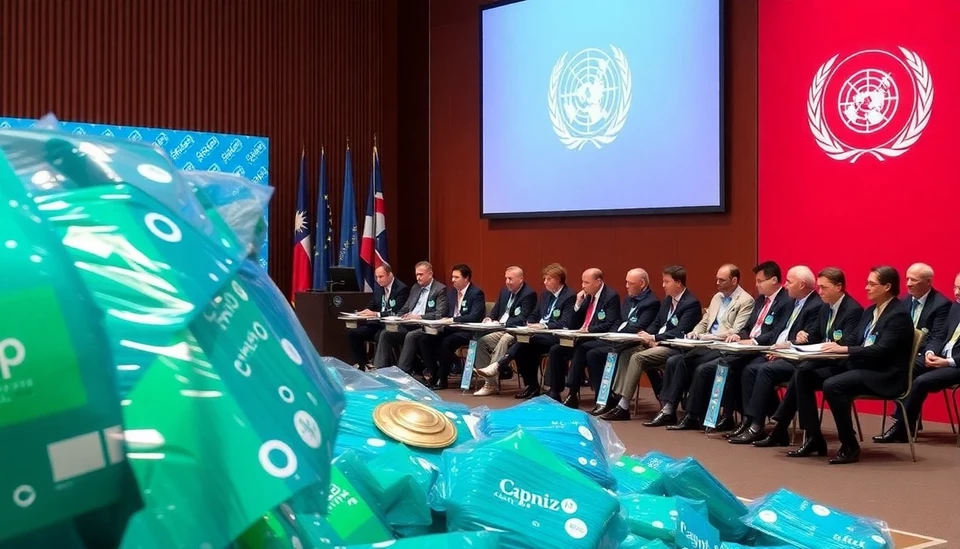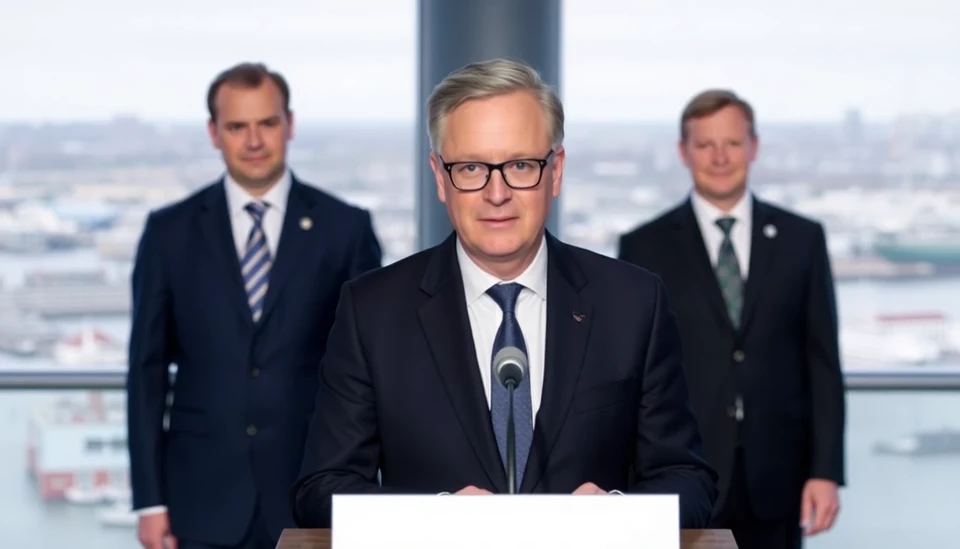
During the pivotal COP29 climate summit, the Coal Transition Group has sparked debate by advocating for more lenient sustainability criteria for coal-related projects. This proposal has generated mixed reactions from environmentalists, advocates for climate justice, and energy sector representatives, presenting new challenges in the ongoing global discourse on energy transition and climate change mitigation.
The Coal Transition Group, a coalition of countries and organizations committed to a structured phasing out of coal, argues that adopting less stringent sustainability requirements will facilitate smoother transitions for nations heavily reliant on coal for their energy needs. They emphasize that such an approach would allow these countries to gradually shift towards cleaner energy sources without drastic economic repercussions.
Proponents of the softer standards claim that the stricter regulations currently in place impede progress and worsen the socio-economic impacts on communities dependent on coal mining and coal-fired power generation. They believe that by relaxing requirements, countries can secure funding for the necessary advancements in technology and infrastructure, helping them move towards a cleaner energy future more effectively.
However, critics of the proposed changes warn that lowering the sustainability standards could undermine global efforts to combat climate change and derail progress seen in the international community’s commitment to reducing carbon emissions. Environmental organizations have expressed concern that this shift may result in prolonged reliance on coal, exacerbating environmental degradation and increasing greenhouse gas emissions.
The debate highlights a crucial intersection between economic development and environmental responsibilities, as emerging economies grapple with balancing energy security, growth, and climate obligations. It also reflects ongoing tensions in international climate negotiations, where the need for equitable solutions often clashes with the urgency of immediate climate action.
As the summit progresses, it remains to be seen how these discussions will unfold and what implications the outcomes may have for future energy policies. The Coal Transition Group's position may resonate with some nations, particularly those still heavily invested in fossil fuels. As the conversation moves forward, key stakeholders will need to find common ground that not only addresses economic concerns but also adheres to global climate goals.
Ultimately, the next steps taken at COP29 could define the future of coal transition strategies and delineate the balance between economic considerations and environmental imperatives for years to come.
#COP29 #ClimateChange #CoalTransition #Sustainability #EnvironmentalPolicy #ClimateNegotiations #EnergyTransition #GreenEnergy
Author: Megan Clarke




